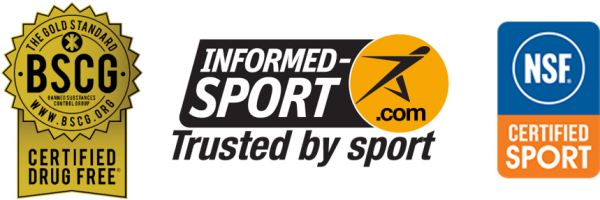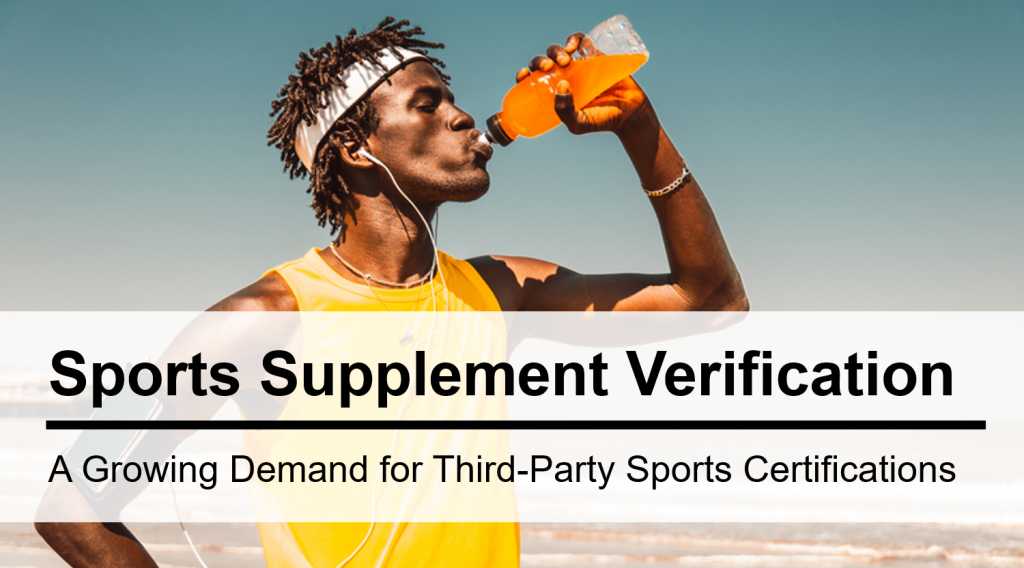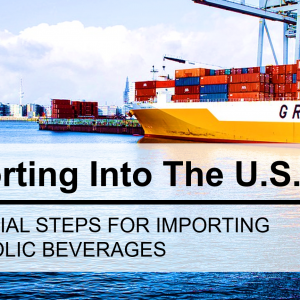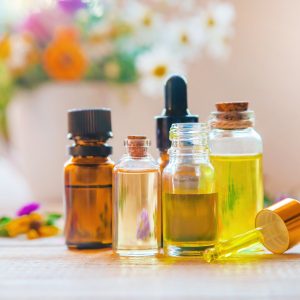According to the 2015 Council for Responsible Nutrition Consumer Survey on Dietary Supplements, nearly 70% of Americans take dietary supplements. The Natural Marketing Institute’s 2018 Supplements/OTC/Rx Database (SORD) survey found that 53% of consumers were concerned about tainted or illegal ingredients in supplements.
The contents and quality of sports and nutritional products are becoming increasingly important for athletes that are subjected to anti-doping tests as well as the general population, including millions of people who are subject to drug testing for employment. Federal regulations (outlined in the U.S. Federal Food, Drug, and Cosmetic Act; the Dietary Supplement Health and Education Act of 1994; and the FDA’s 21 C.F.R. 111 – Good Manufacturing Practices (GMP) for Dietary Supplements) do not require that a supplement is tested for banned substances.
The market is responding with a broader range of third-party certification options designed to confirm independent testing and evaluation of dietary supplements, their ingredients and manufacturing, and storage facilities.
Who Certifies?
Some of the most common third-party certification seals are BSCG Certified Drug Free, Informed-Choice (or Informed-Sport), and NSF Certified for Sport. Certification programs confirm that a product contains the ingredients listed on the label and that they do not contain ingredients banned by the World Anti-Doping Agency (WADA). They do not ensure a product’s effectiveness or safety. The companies vary in terms of how they approach the certification process.

History of Certifying Organizations
The Laboratory of Government Chemists (LGC) was the original substance-testing organization, dating back to 1842. The agency has evolved into the for-profit supplement testing agency Informed-Choice (and its sister agency Informed-Sport), which over the last 16 years has become the world’s largest laboratory testing supplements for contamination by banned substances.
NSF International (formerly the National Sanitation Foundation) began in 1994 as an independent and accredited organization that develops public health standards and certification programs to test and certify products and systems designed to protect the world’s food, water, consumer products, and the environment. In 2006, Red Bull became the first company to be awarded NSF International’s Certified for Sport which was introduced in response to growing concern from amateur and professional athletes about banned substances in sports supplements.
In 2004, Don H. Catlin, M.D., who founded the first anti-doping lab in the United States in 1982, and his son Oliver Catlin, introduced BSCG (Banned Substances Control Group). The BSCG Certified Drug Free® program provides protection against 485 drugs including 274 drugs on the World Anti-Doping Agency (WADA) Prohibited List and an additional 211 illicit, prescription and over-the-counter drugs.
What Certification Signifies
The certification symbols issued by the various organizations mean that the certified products had to go through extensive testing to make sure there isn’t anything in them that would get flagged in a blood test. The World Anti-Doping Agency (WADA) does not certify, approve, endorse, or guarantee any supplement. Some products on the market imply, or state directly, that they are WADA certified or approved, but they are not. Supplement certification and testing services look for everything from certain metals to anabolic steroids and endocrine inhibitors. The manufacturing facility inspections are designed to prevent accidental contamination when the raw materials are produced and when the products are manufactured. Even when a product says, “manufactured or bottled in the USA,” there is a high probability that some materials are coming from other countries with less regulation than the U.S.
With the global sports nutrition market expected to reach USD 81.5 billion by 2023, we’re likely to see even more options and demand for sports supplement certification in the future.


